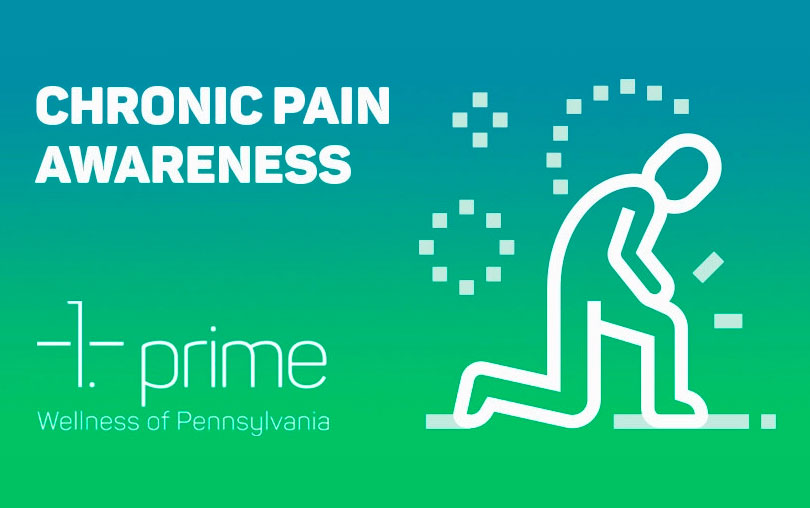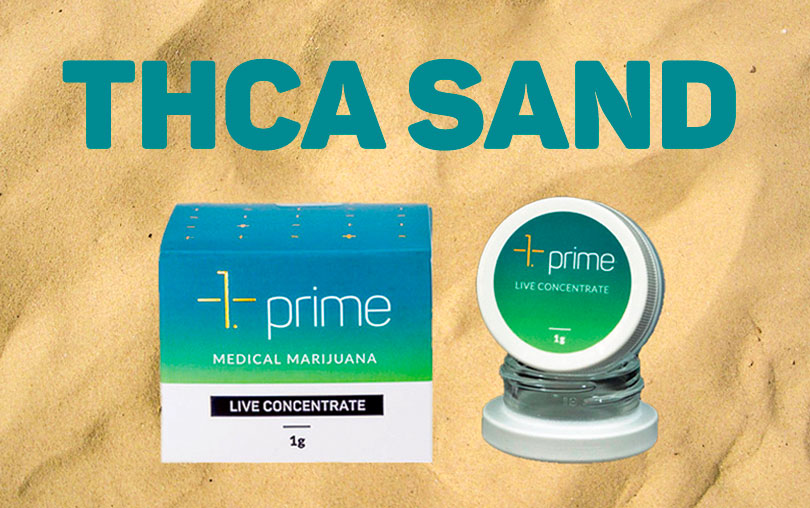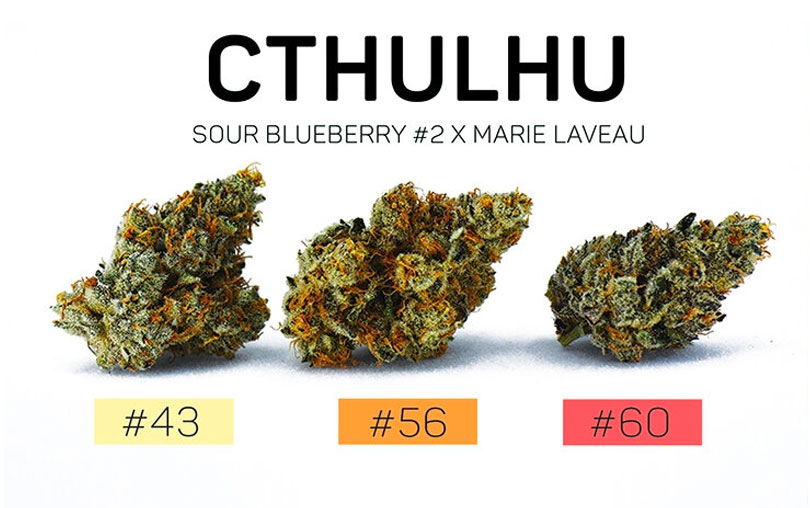At Prime Wellness of Pennsylvania, we take tremendous pride in our patient-preferred prime line of products, which are expertly crafted to the highest standards to cultivate better lives for patients and caregivers across the Commonwealth.
As a company, we strive to provide patients with the medication — and education — they need to find potential relief from the 23 qualifying conditions outlined in Pennsylvania’s Medical Marijuana Program.
Our new Qualifying Conditions Series will take a closer look at these conditions and medical marijuana’s potential therapeutic benefits.
We hope Pennsylvanians living with one or more of the qualifying medical conditions will find this information helpful in making decisions about which medical marijuana products may be right for them.
QUALIFYING CONDITION: Chronic Pain
“Severe chronic or intractable pain of neuropathic origin or severe chronic or intractable pain in which conventional therapeutic intervention and opiate therapy is contraindicated or ineffective.”
About the qualifying condition: A 2018 report from the Centers for Disease Control (CDC) cited pain as the most common reason adults in the United States seek medical care. During September, designated Pain Awareness Month, organizations such as the American Chronic Pain Association and the U.S. Pain Foundation work to increase knowledge about issues in the area of pain and pain management. This year, Prime Wellness joins these organizations in raising awareness and explaining the connection between chronic pain and medical marijuana.
History: Medicinal marijuana dates back to ancient times, when physicians in many areas of the world mixed marijuana into medicines to treat pain and other ailments. Today, researchers are interested in medical marijuana’s potential to ease certain kinds of chronic pain, including pain caused by nerve damage, inflammation, non-migraine headaches, and more.
Chronic pain accounted for 62.2 percent of all patient-reported qualifying conditions under which patients in the United States sought medical marijuana, according to a 2019 paper in the journal Health Affairs.
Medical Literature:. A growing body of researchers are studying medical marijuana’s potential therapeutic benefits as a highly effective and non-addictive alternative to opioid painkillers. Dr. Corey Burchman, Chief Medical Officer of Acreage Holdings, Prime Wellness’ parent company, was so struck by the startling reduction in the use of narcotics among patients substituting with medical marijuana that in 2017, he joined a research investigation of patient users. The results revealed a significant decrease in the use of opioids, antidepressants, and alcohol for pain, as well as anxiety and sleep. Published in the Journal of Psychopharmacology, the study is still one of the largest of its kind.
The following year, Pennsylvania became the first state to allow medical marijuana as a possible treatment for opioid addiction “if all other treatment fails, or if a physician recommends that it be used in conjunction with traditional therapies,” as stated in the list of qualifying conditions.
Cannabinoids: Medical marijuana may have the potential to aid natural marijuana-like chemical compounds known as cannabinoids that are produced by the body to help them work better and relieve pain. Every product we produce features an extensive list of cannabinoids, and those compounds contribute to the potential powerful effects you feel from our high quality-medicine.
For the latest on our products and strains, visit our products page and follow us on Instagram @prime_wellness.


